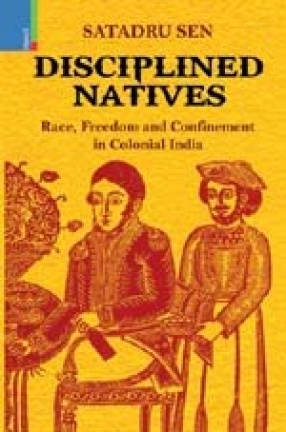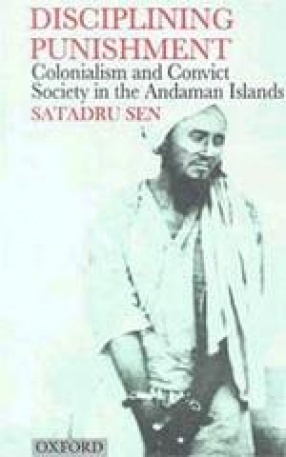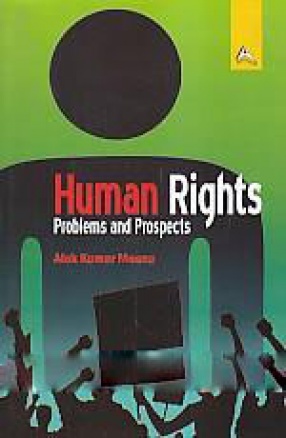This volume examines three interrelated aspects of the history of British India: race, the disciplining institution, and attempts by the colonized to imagine states of freedom. They deal with sites as diverse as the prison, the family, the classroom, the playing field and children’s literature.
The included essays confront the ideological, social and political ramifications of the fact that even as metropolitan prisons and schools shifted their attention from the body of the inmate to the confined ‘soul’, colonial disciplinary institutions ensured that race was firmly attached to the body and its habits. Situated within the work on gender, domesticity and the state, they also engage the historiography that has sought to underline the challenges of reconciling Michel Foucault and Edward Said, i.e. studying the making of norms in a world of deviance and difference. They ask whether the liberating possibilities of the racialized-and-embodied ‘native’ self were confined to inversions and rearrangements of given normative hierarchies, or if we can occasionally glimpse radical departures and alternative configurations of power.







There are no reviews yet.